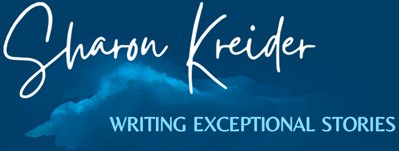The word stress comes from the Latin word “strictus” which means “to tighten” or “narrow.”
Stress is defined as the pressure exerted on a material object; a state of emotional strain resulting from very demanding circumstances; a particular emphasis made in speech or writing; or subject to tension or pressure.
Hans Selye, the founder of stress research, popularized the concept of stress and its effect on the human body in the 1950s. Since that time, the study of stress and how it impacts our psychological and physiological well-being has been the topic of much research, analysis, and investigation.
When I attended graduate school, the study of psychological stress captivated my attention. It fascinated me how psychological stress can activate the fear center in the brain, setting into motion a cascade of reactions, which might lead to health issues. What interested me, even more, was that the fear can be real or imagined. For instance, I can have a whole bunch of work to do and if I can’t keep up with my tasks, it stresses me out. That’s real. Perceived stress is different. It’s more about my feelings and the lack of control I might have. Most of the time threats I worry about are not real and will likely not become real. They are just made-up stories in my head.

My blood pressure has been running high as of late and I know only too well that stress is a factor. I could check several top stress factors that I have experienced over the last few years: death of three family members; retirement; moving; building a new home; caring for a sick family member; writing for long hours; regularly hearing about threats (global warming, gun violence, war); a lot of responsibility in completing a project (publishing two books in one year.) There is wear and tear on the body when stressful situations are prolonged, those stress hormones running amok. Left unchecked things could get a little wild and crazy.
I do not have the power to alter events already in motion, ‘nor fix some of the world’s most immediate dangers. But I can change my thinking. I can choose to say, “You know what? I’m taking a break from writing that next book.” Or “A possible nuclear holocaust is out of my control. Worrying about it is useless.” I can choose to not indulge in pessimistic fantasies or create new to-do lists. I have a choice. I can practice stress or practice peace.
“Sometimes the most important thing in a whole day is the rest we take between two breaths.” E.Hillesum
How did you find solace this week?
Sharon
© 2023. Sharon Kreider. All Rights Reserved

